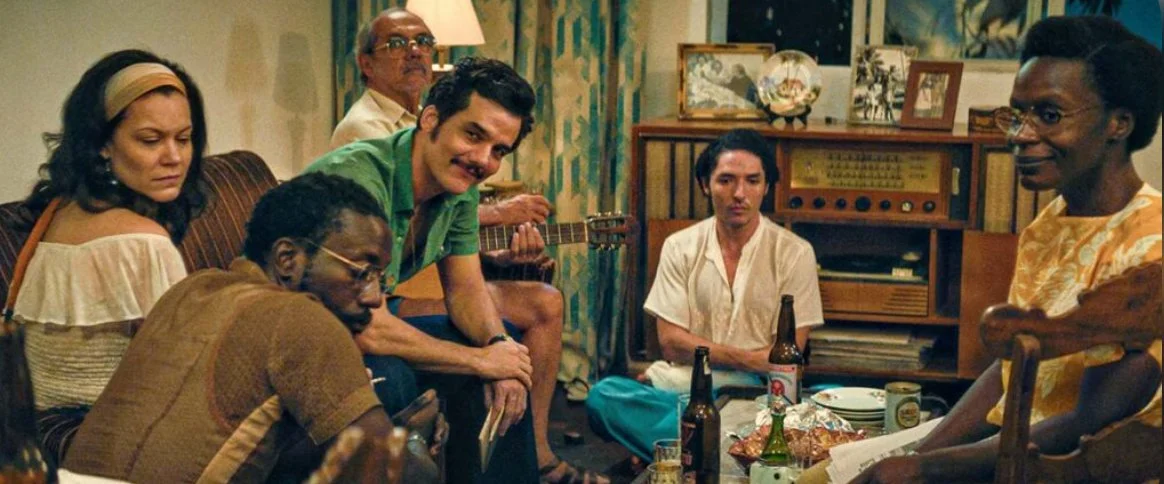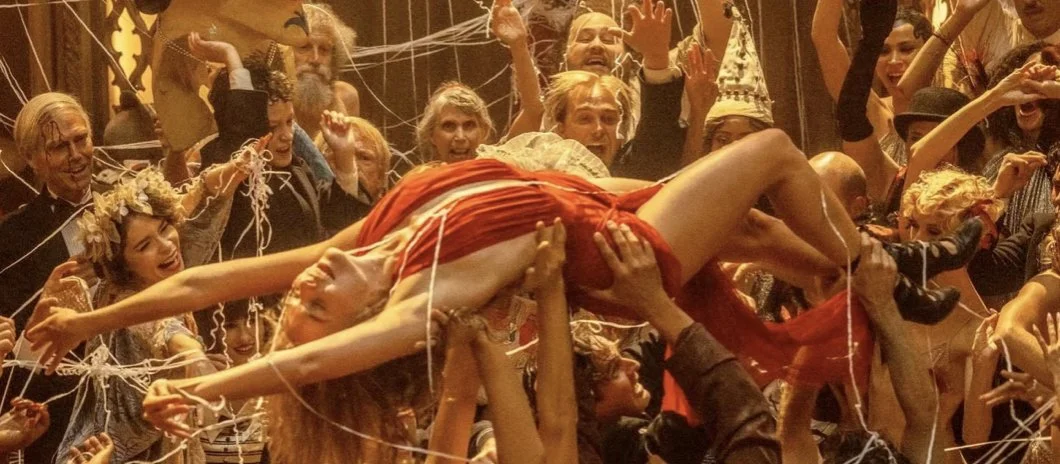Some are complaining that “Babylon” is a historically inaccurate depiction of 1920s Hollywood debauchery. Of course, these same people are calling the film’s historical details out without necessarily presenting any evidence to the contrary.
Slate and THR seem to be indicating that Chazelle got a lot of the details right, but don’t say that to the always outspoken Paul Schrader who threw some shade at “Babylon” the other day:
“‘Babylon’ is many things but well-researched isn’t one of them,” wrote Schrader. “After reading a number of planted articles about the filmmakers’ voluminous ‘research,’ I was scratching my head. Does any film historian agree the film’s putative historicity?”
Of course, “Babylon” isn’t supposed to be a documentary, but ever since I saw the movie a few weeks back, I’ve done some digging myself, and from what I’ve been reading, Chazelle’s depiction of 1920s Hollywood is actually pretty dead-on.
Chazelle told IndieWire that he’s been researching the film for close to 15 years now by watching documentaries and silent film epics and visiting library archives.
“The more I researched those early days of Hollywood, the more I became aware of just how insane that time period was,” Chazelle said. “It was this sort of larger-than-life assemblage of misfits who came together and built a city and a new industry from nothing. I didn’t feel like that kind of crazed behavior had been accurately captured on film before, and I wanted to present their lives and lifestyles in an unvarnished and totally unsanitized way.”
At the end of the day, who gives a damn whether Chazelle got the details right or not. Fact-checking movies is one of the worst crimes of the modern age in terms of art literacy. I don’t think fiction has any inherent obligation to historical accuracy. We really need to start separating them, and I bet Schrader would probably not be complaining about the “research” if he had actually liked the film (which, it seems, judging by the tone of his post, he didn’t).





